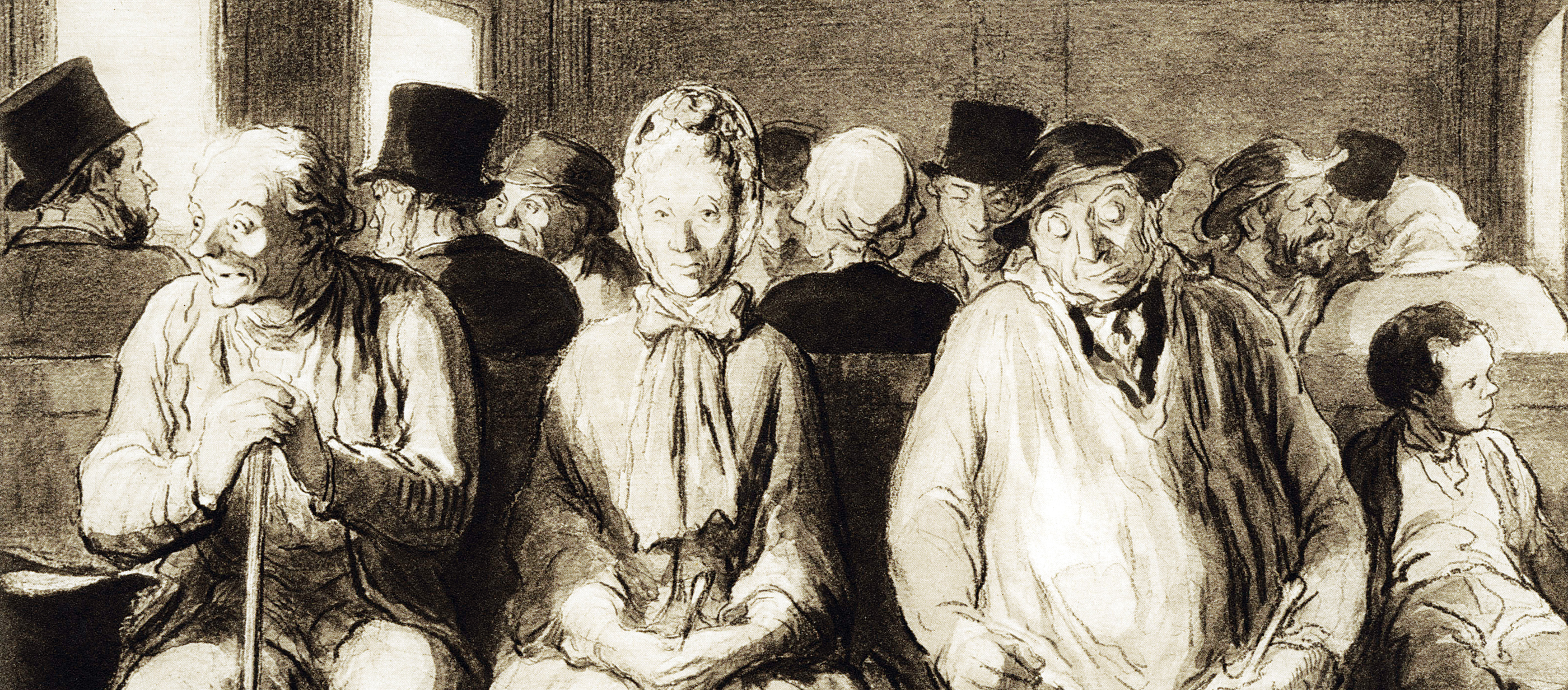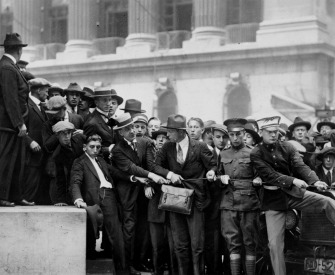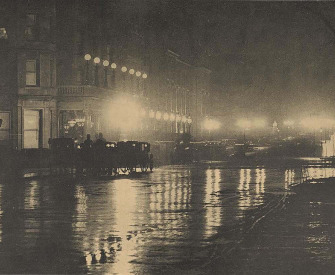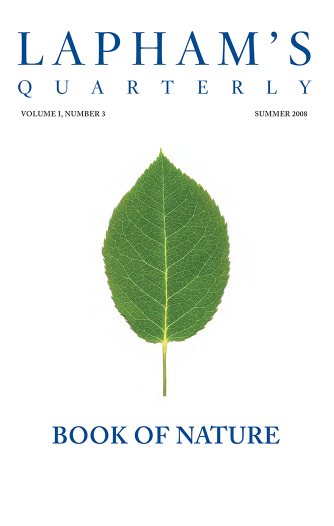He that serves God for money will serve the Devil for better wages.
—Roger L’Estrange, 1692Toil and Trouble
Adam Smith sets the price.
Every man is rich or poor according to the degree in which he can afford to enjoy the necessaries, conveniences, and amusements of human life.
But after the division of labour has once thoroughly taken place, it is but a very small part of these with which a man’s own labour can supply him. The far greater part of them he must derive from the labour of other people, and he must be rich or poor according to the quantity of that labour which he can command, or which he can afford to purchase. The value of any commodity, therefore, to the person who possesses it, and who means not to use or consume it himself, but to exchange it for other commodities, is equal to the quantity of labour which it enables him to purchase or command. Labour, therefore, is the real measure of the exchangeable value of all commodities.
The real price of everything, what everything is really worth to the man who has acquired it, and who wants to dispose of it or exchange it for something else, is the toil and trouble which it can save to himself, and which it can impose upon other people. What is bought with money or with goods is purchased by labour, as much as what we acquire by the toil of our own body. That money or those goods indeed save us this toil. They contain the value of a certain quantity of labour which we exchange for what is supposed at the time to contain the value of an equal quantity. Labour was the first price, the original purchase-money that was paid for all things. It was not by gold or by silver, but by labour, that all the wealth of the world was originally purchased; and its value, to those who possess it, and who want to exchange it for some new productions, is precisely equal to the quantity of labour which it can enable them to purchase or command.
Wealth, as Mr. Hobbes says, is power. But the person who either acquires, or succeeds to a great fortune, does not necessarily acquire or succeed to any political power, either civil or military. His fortune may, perhaps, afford him the means of acquiring both, but the mere possession of that fortune does not necessarily convey to him either. The power which that possession immediately and directly conveys to him is the power of purchasing; a certain command over all the labour, or over all the produce of labour, which is then in the market. His fortune is greater or less, precisely in proportion to the extent of this power; or to the quantity either of other men’s labour, or, what is the same thing, of the produce of other men’s labour, which it enables him to purchase or command. The exchangeable value of everything must always be precisely equal to the extent of this power which it conveys to its owner.

The Third Class Carriage, by Honoré Daumier, c. 1862.
But though labour be the real measure of the exchangeable value of all commodities, it is not that by which their value is commonly estimated. It is often difficult to ascertain the proportion between two different quantities of labour. The time spent in two different sorts of work will not always alone determine this proportion. The different degrees of hardship endured, and of ingenuity exercised, must likewise be taken into account. There may be more labour in an hour’s hard work than in two hours’ easy business; or in an hour’s application to a trade which it cost ten years’ labour to learn than in a month’s industry at an ordinary and obvious employment. But it is not easy to find any accurate measure either of hardship or ingenuity. In exchanging indeed the different productions of different sorts of labour for one another, some allowance is commonly made for both. It is adjusted, however, not by any accurate measure, but by the higgling and bargaining of the market, according to that sort of rough equality which, though not exact, is sufficient for carrying on the business of common life.
Every commodity, besides, is more frequently exchanged for, and thereby compared with, other commodities than with labour. It is more natural, therefore, to estimate its exchangeable value by the quantity of some other commodity than by that of the labour which it can purchase. The greater part of people, too, understand better what is meant by a quantity of a particular commodity than by a quantity of labour. The one is a plain palpable object, the other an abstract notion, which, though it can be made sufficiently intelligible, is not altogether so natural and obvious.
But when barter ceases, and money has become the common instrument of commerce, every particular commodity is more frequently exchanged for money than for any other commodity. The butcher seldom carries his beef or his mutton to the baker or the brewer in order to exchange them for bread or for beer; but he carries them to the market, where he exchanges them for money, and afterwards exchanges that money for bread and for beer. The quantity of money which he gets for them regulates too the quantity of bread and beer which he can afterwards purchase. It is more natural and obvious to him, therefore, to estimate their value by the quantity of money, the commodity for which he immediately exchanges them, than by that of bread and beer, the commodities for which he can exchange them only by the intervention of another commodity; and rather to say that his butcher’s meat is worth threepence or fourpence a pound, than that it is worth three or four pounds of bread or three or four quarts of small beer. Hence, it comes to pass that the exchangeable value of every commodity is more frequently estimated by the quantity of money than by the quantity either of labour or of any other commodity which can be had in exchange for it.
Gold and silver, however, like every other commodity, vary in their value, are sometimes cheaper and sometimes dearer, sometimes of easier, and sometimes of more difficult purchase. The quantity of labour which any particular quantity of them can purchase or command, or the quantity of other goods which it will exchange for, depends always upon the fertility or barrenness of the mines which happen to be known about the time when such exchanges are made. The discovery of the abundant mines of America reduced, in the sixteenth century, the value of gold and silver in Europe to about a third of what it had been before. As it costs less labour to bring those metals from the mine to the market, so when they were brought thither they could purchase or command less labour; and this revolution in their value, though perhaps the greatest, is by no means the only one of which history gives some account. But as a measure of quantity, such as the natural foot, fathom, or handful, which is continually varying in its own quantity, can never be an accurate measure of the quantity of other things; so a commodity which is itself continually varying in its own value, can never be an accurate measure of the value of other commodities. Equal quantities of labour, at all times and places, may be said to be of equal value to the labourer. In his ordinary state of health, strength, and spirits; in the ordinary degree of his skill and dexterity, he must always lay down the same portion of his ease, his liberty, and his happiness. The price which he pays must always be the same, whatever may be the quantity of goods which he receives in return for it. Of these, indeed, it may sometimes purchase a greater and sometimes a smaller quantity; but it is their value which varies, not that of the labour which purchases them. At all times and places that is dear which it is difficult to come at, or which it costs much labour to acquire; and that cheap which is to be had easily or with very little labour. Labour alone, therefore, never varying in its own value, is alone the ultimate and real standard by which the value of all commodities can at all times and places be estimated and compared. It is their real price; money is their nominal price only.

Adam Smith
Smith was briefly kidnapped by gypsies at the age of four. During the 1740s, he attended Oxford but disdained its teaching. In concert with David Hume, his friend and fellow Scotsman, Smith in the 1750s developed theories of moral philosophy and invested a decade in the composition of The Wealth of Nations, published in the same year as the American Declaration of Independence.


